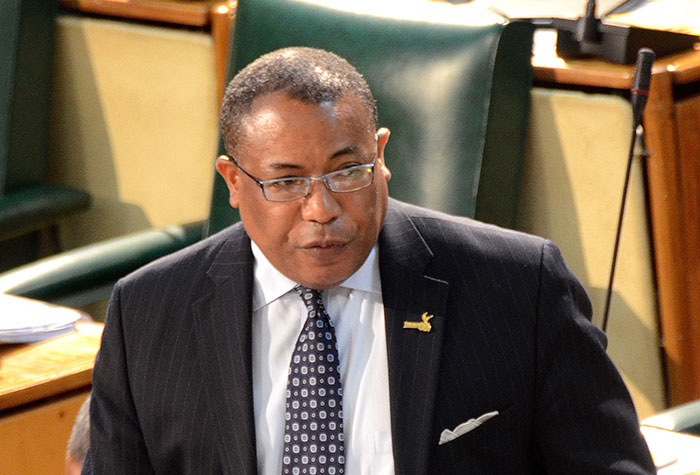Amendments to Common External Tariff to Benefit Jamaica
By: , October 2, 2015The Key Point:
The Facts
- Industry, Investment and Commerce Minister, Hon. Anthony Hylton, who tabled the Protocol as a Ministry Paper, during Tuesday’s (September 29) sitting of the House of Representatives, said this development will provide “critical” policy space for several Ministries of Government.
- Mr. Hylton said the new development provides his Ministry with a “critical” policy tool “in our efforts to redesign the National Export Strategy, and in reviving the manufacturing sector.”
The Full Story
Jamaica is expected to benefit significantly from amendments to Article 83 of the Revised Treaty of Chaguaramas, pertaining to the Common External Tariff (CET).
The amendments to the article, titled: ‘Operation of the Common External Tariff’, now enable the Caribbean Community (CARICOM) member states that signed the Protocol, which became effective on July 10, 2015, to adjust the facility’s regime in their respective jurisdictions, based on economic and socio-economic circumstances, as well as regional and global developments.
Industry, Investment and Commerce Minister, Hon. Anthony Hylton, who tabled the Protocol as a Ministry Paper, during Tuesday’s (September 29) sitting of the House of Representatives, said this development will provide “critical” policy space for several Ministries of Government.
These include the Science, Technology, Energy and Mining Ministry which, he said, will be able to adjust the tariff to facilitate the importation of petroleum products outside of CARICOM “where it is not available from our local suppliers.”
Additionally, Mr. Hylton said the Finance and Planning Ministry will be able to adjust the CET to protect Jamaica’s revenue base, while the Agriculture and Fisheries will also be able to make adjustments “necessary for the protection and growth of the…sector.”
In his presentation, Mr. Hylton, whose Ministry is the Designated Authority for the CET’s administration in Jamaica, explained that the amended Article now allows the Council for Trade and Economic Development (COTED) to authorise CARICOM member states to suspend the CET on items and apply higher, lower, or zero tariff, based on new considerations.
These include: a critical shortfall in Government revenue; issues of rising cost of living deemed necessary to be addressed as urgent priorities; the need for critical industry support; the need for products of strategic importance for economic development, as also items critical in safeguarding the environment.
Mr. Hylton pointed out that under the previous Article, the tariff could only be adjusted if: the product is not produced in CARICOM; the product quantity does not satisfy demand within the region; and the quality of the item being produced in CARICOM is below stipulated regional standard or that authorised by COTED.
He explained that the CARICOM Secretary-General’s authority to suspend the CET on behalf of COTED will now only apply to developments under the previous regime, pointing out that “consideration for the suspension of the CET under these new arrangements can only be exercised by regional Ministers meeting at the COTED.”
Mr. Hylton said the new development provides his Ministry with a “critical” policy tool “in our efforts to redesign the National Export Strategy, and in reviving the manufacturing sector.”
“The amendment will also provide my Ministry with the policy space required to adjust the tariff to protect several local industries,’ he added.




